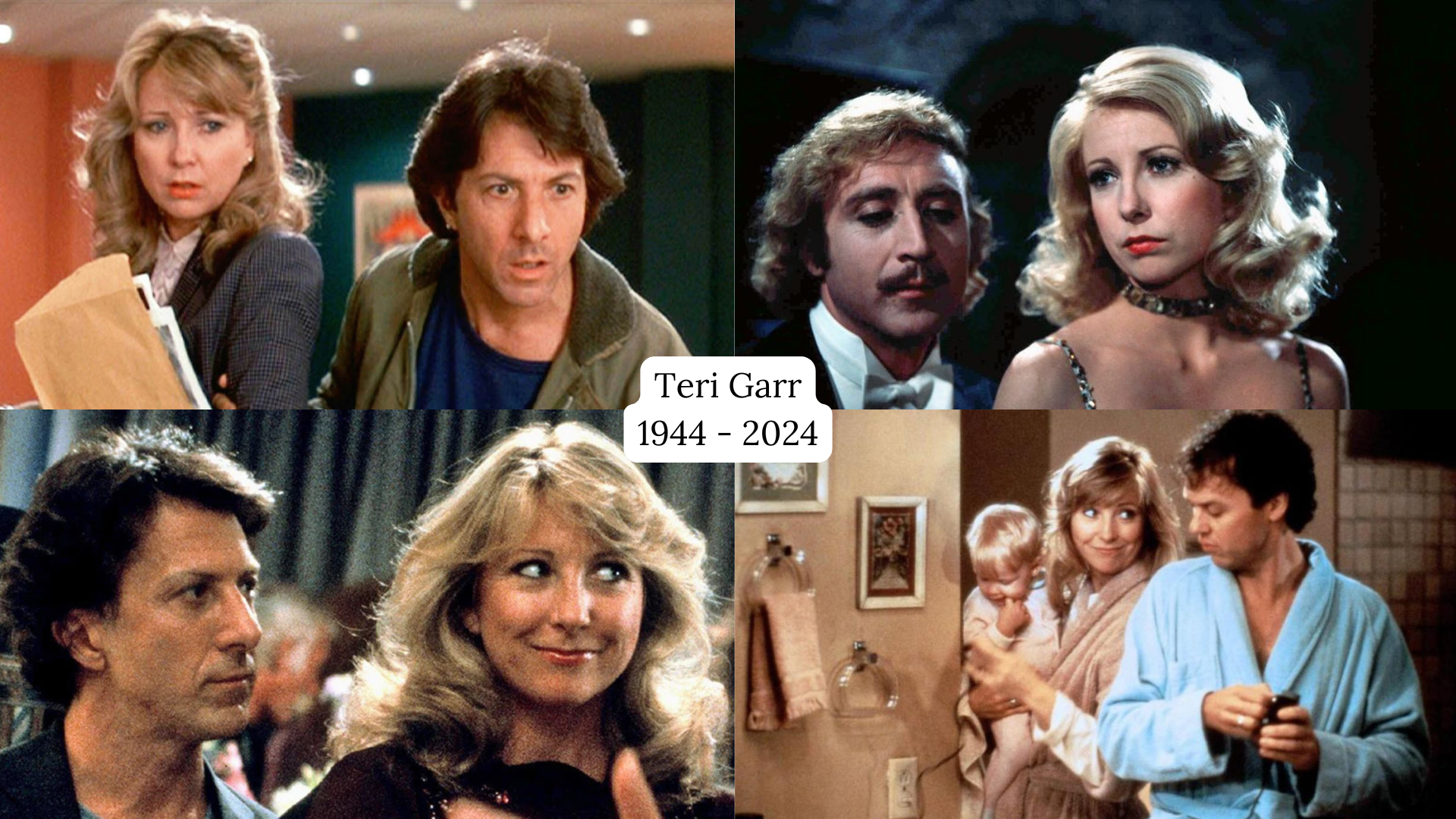Terri Garr, a comic actress is dead at age 79. An Oscar nominee for her role in “Tootsie,” she was also a favorite guest of David Letterman and Johnny Carson and a three-time host of “Saturday Night Live.”
Teri Garr, the alternately shy and sassy blond actress whose little-girl voice, deadpan comic timing, expressive eyes and cinematic bravery in the face of seemingly crazy male characters made her a star of 1970s and ’80s movies and earned her an Oscar nomination for her role in “Tootsie,” died on Tuesday at her home in Los Angeles. She was 79. Her publicist, Heidi Schaeffer, said the cause was complications of multiple sclerosis.
Ms. Garr received that diagnosis in 1999, after 16 years of symptoms and medical research; she made her condition public in 2002. In late 2006, she had a ruptured brain aneurysm and was in a coma for a week, but she was eventually able to regain the ability to walk and talk.
Onscreen, Ms. Garr’s outstanding features were her eyes, which could seem simultaneously pained, baffled, sympathetic, vulnerable, intrigued and determined, whether she was registering a grand new discovery or holding back tears. If her best-known roles had a common thread, it was the erratic behavior of the men in her characters’ lives.
In “Close Encounters of the Third Kind,” she initially went into denial when her husband (Richard Dreyfuss) became obsessed with U.F.O.s, but promptly abandoned him, taking the children, when he built, in their family room, a mountain of garbage, fencing and backyard soil.
In “Oh, God!,” Ms. Garr was supportive when her husband (John Denver), a California supermarket manager, told everyone that he was hanging out with God incarnate (George Burns). In “Tootsie,” for which she earned a 1983 Academy Award nomination for best supporting actress, she whined eloquently as the neglected friend-turned-lover of an actor (Dustin Hoffman) who was behaving strangely. It turned out he had been posing as a woman to get better acting jobs.
In “Young Frankenstein” (1974), in which Ms. Garr played a dim, cleavage-proud German lab assistant, her character was involved with a mad scientist (Gene Wilder). As a dive-bar waitress in “After Hours” (1985), she flirted with a man (Griffin Dunne) on the verge of a breakdown.
Ms. Garr’s role in “Mr. Mom” (1983) was an exception. Her character was the one who got carried away, becoming an overconfident ad-agency workaholic while her unemployed husband (Michael Keaton) stayed home with the children and the laundry.
While making many of these films, she noticed troubling physical symptoms. She didn’t suspect their cause, but she remembered running in New York City in the late 1990s. “When I was jogging, I would get this horrible pain in my arm like a knife stabbing,” she told CNN in 2008. “And I thought, well, I’m in Central Park — well, maybe it is a knife stabbing.” It wasn’t.
On “The Larry King Show” in 2002, Ms. Garr was asked how she dealt with the frustrations of multiple sclerosis, which affects the central nervous system. “I switch gears,” she said. “If there’s something I can’t do, I do something I can do.”
For years, she was a spokeswoman for MS research and support, continuing to make appearances in her wheelchair. “I really do count my blessings,” she wrote in a memoir, “Speedbumps: Flooring It Through Hollywood” (2005), written with Henriette Mantel. “At least I used to. Now I get so tired I have a woman come once a week and count them for me.”
After her career peak, she continued to appear both on TV and in film, often with notable directors, shifting between drama and comedy. Two Robert Altman films, “The Player” (1992) and “Ready to Wear” (1994), were followed by the Farrelly brothers’ “Dumb and Dumber” (1994). In Nora Ephron’s “Michael” (1996), she portrayed a judge charmed by an irresistible angel (John Travolta). On three episodes of NBC’s “Friends” (1997-98), she was the Lisa Kudrow character’s long-lost birth mother.
Early in Ms. Garr’s career, a numerologist told her that having double letters in both her first and last names was not propitious, so Terry became Teri. “It was the best $35 I ever spent,” she declared. Her survivors include her daughter, Molly O’Neil, and a grandson.














